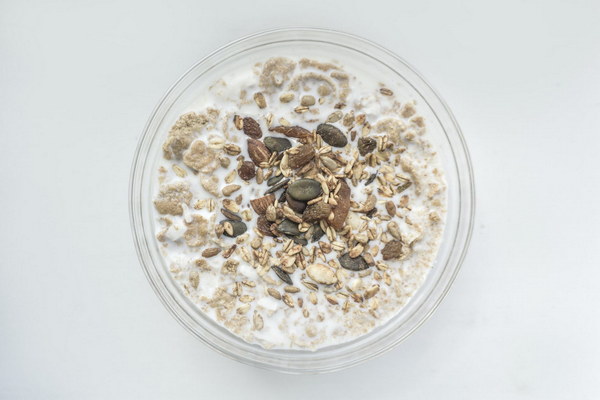Navigating the Path to Well-being A Comprehensive Guide to Body Care for Gout Patients
Navigating the Path to Well-being: A Comprehensive Guide to Body Care for Gout Patients
Gout, a form of arthritis characterized by painful attacks in joints, primarily the big toe, is a condition that requires careful management and body care. For those living with gout, maintaining a healthy lifestyle and making strategic choices can significantly reduce the frequency and severity of attacks. This article provides a comprehensive guide to body care for gout patients, focusing on diet, exercise, medication adherence, and lifestyle adjustments.
Dietary Considerations
A key aspect of managing gout is modifying the diet to reduce uric acid levels. Here are some dietary recommendations:
1. Limit Purine-Rich Foods: Purines are substances found in certain foods that break down into uric acid in the body. Foods high in purines include organ meats, red meats, seafood, and some types of fish and shellfish. It's important to limit these foods in the diet.
2. Increase Fluid Intake: Drinking plenty of fluids, especially water, can help flush uric acid out of the body. Aim for at least 8 to 16 glasses of water a day.
3. Choose Low-Fat Dairy Products: Low-fat dairy products, such as milk and yogurt, can help reduce uric acid levels and may even lower the risk of gout attacks.
4. Eat Fruits and Vegetables: These are low in purines and high in fiber, which can help reduce uric acid levels and support overall health.
5. Limit Alcohol: Alcohol, particularly beer and spirits, can increase uric acid levels. It's best to limit alcohol consumption or choose lower-purine options like wine.
6. Avoid High-Fructose Corn Syrup: This sweetener is found in many processed foods and drinks and has been linked to higher uric acid levels.
Exercise and Physical Activity
Regular physical activity is crucial for gout patients to maintain a healthy weight, manage stress, and improve overall well-being. Here are some exercise recommendations:

1. Aerobic Exercise: Activities such as walking, swimming, or cycling can help control weight and reduce uric acid levels.
2. Strength Training: Building muscle mass can help improve joint function and reduce the risk of gout attacks.
3. Flexibility and Range of Motion Exercises: These exercises can help maintain joint mobility and reduce the risk of injury.
4. Warm-Up and Cool-Down: Always warm up before exercise and cool down afterward to prevent joint strain.
Medication Adherence
Medications can play a vital role in managing gout. It's important to:
1. Follow Your Doctor's Recommendations: Stick to the prescribed medication regimen and take medications as directed.
2. Understand the Medication: Ask your healthcare provider about the side effects and how to manage them.
3. Regular Follow-Up: Schedule regular appointments to monitor your condition and adjust treatment as needed.
Lifestyle Adjustments
Several lifestyle adjustments can help manage gout:
1. Manage Stress: Chronic stress can lead to gout attacks. Find healthy ways to cope with stress, such as meditation, deep breathing exercises, or yoga.
2. Avoid Triggering Factors: Identify and avoid factors that may trigger gout attacks, such as exposure to cold weather or sudden changes in temperature.
3. Maintain a Healthy Weight: Excess weight can contribute to gout, so it's important to maintain a healthy weight through diet and exercise.
4. Wear Proper Footwear: If you have gout in your feet, wear comfortable, supportive shoes to prevent injury and reduce stress on your joints.
5. Seek Professional Help: If you're struggling to manage your gout, consider seeking help from a registered dietitian, physical therapist, or a gout specialist.
By following these guidelines, gout patients can take significant steps towards maintaining a healthy and pain-free life. Remember, each individual's experience with gout is unique, so it's important to work closely with healthcare providers to develop a personalized care plan.



